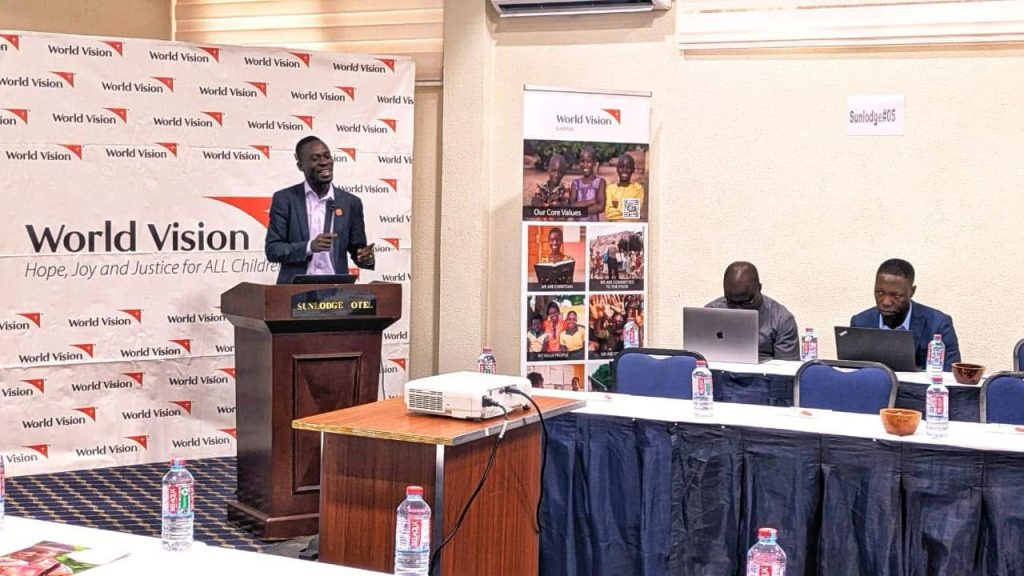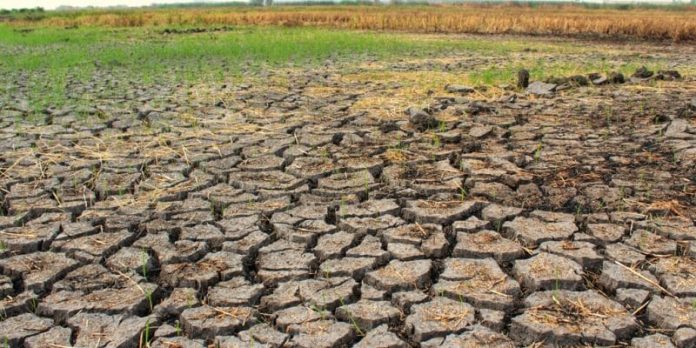Development Coordinator for World Vision Ghana, George Martey Okorley says Ghanaians may soon face higher food prices due to the impacts of climate change.
According to him, Ghana’s agricultural sector is facing a triple threat from climate change, as rising temperatures, erratic rainfall, and deforestation disrupt farming, leading to lower crop yields and increasing food costs.
Mr. George Martey Okorley made this statement at a two-day workshop on “Environmental Sustainability and Climate Action organized by World Vision Ghana in Accra.

He indicated that, Ghana’s temperature has already increased by 1.2°C over the past century and is projected to rise between 1.5°C and 3.0°C by 2050. Meanwhile, rainfall has declined by 2.32 mm per decade since the 1960s, reducing water availability for farming. These environmental changes are making food production more difficult, forcing prices higher.
“The effects of climate change on agriculture are becoming more severe. We are witnessing unpredictable weather patterns, longer dry seasons, and declining soil fertility, all of which are reducing crop yields. If immediate action is not taken, food prices will continue to rise, putting more pressure on Ghanaian households,” Martey stated.
Other environmental experts who made presentations at the workshop emphasized the need for measures to safeguard food security. Martey urged policymakers, farmers, and stakeholders to adopt climate-resilient agricultural practices to prevent Ghana’s food crisis from deteriorating.
ALSO READ: Int. Mother Language Day: World Vision Ghana calls for inclusive language policies
Government was charged to integrate environmental sustainability as a core principle to cultivate environmentally responsible citizens, reduce ecological footprint, and prepare students for a future with environmental challenges adding that this can be achieved through curriculum reform, facility upgrades, and engaging students in environmental initiatives.
Ghana|Atinkaonline|Vincent Kwofie


























